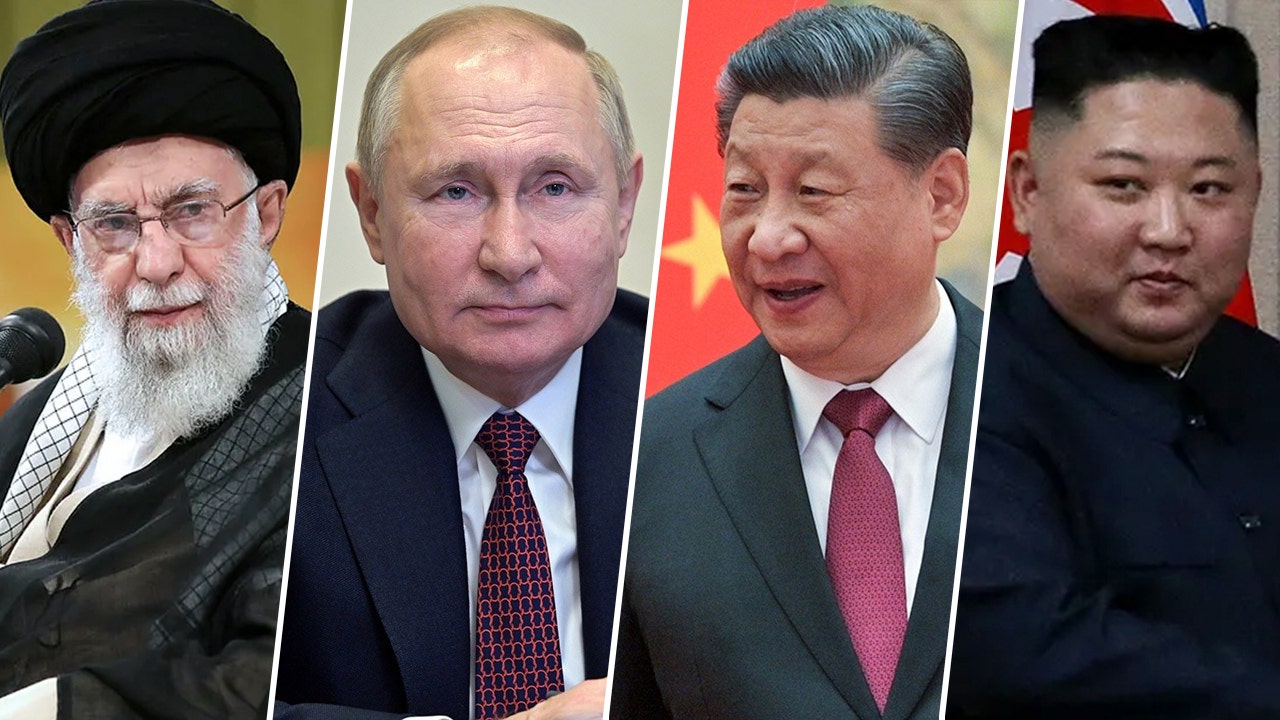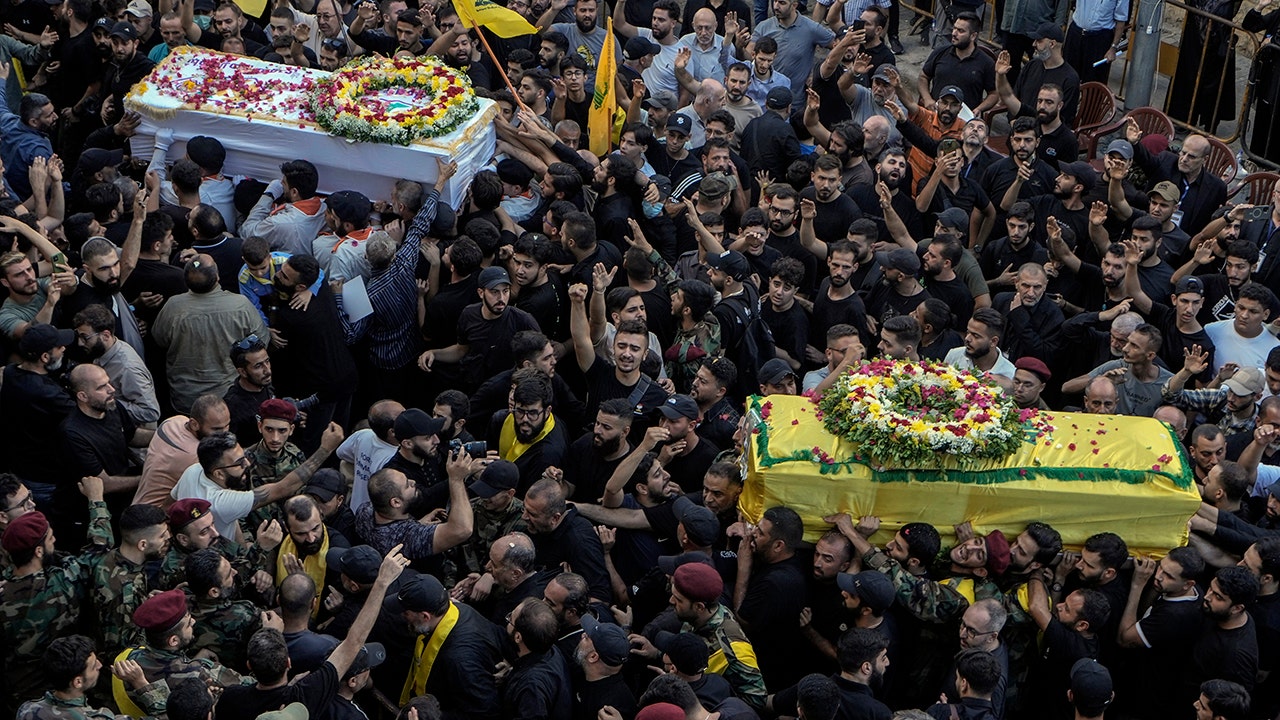Zhang Zhan, a citizen journalist, was released from prison after serving four years for charges related to reporting on the COVID-19 outbreak in Wuhan, China, according to a video statement she released Tuesday, eight days after her sentence ended, though there are concerns about how much freedom of movement she has.
Zhang was sentenced to four years in prison on charges of “picking quarrels and provoking trouble,” a vaguely defined charge often used in political cases, and served her full term. Yet, on the day of her release, her former lawyers could not reach her or her family. Shanghai police had paid visits to activists and her former lawyers in the days leading up to her release.
In a short video, Zhang said she was taken by police to her brother Zhang Ju’s home on May 13, the day she finished her sentence.
“I want to thank everyone for their help and concern,” she said in a soft voice, standing in what appeared to be a hallway of an apartment building.
The video was posted by Jane Wang, an overseas activist who launched the Free Zhang Zhan campaign in the United Kingdom and is in contact with one of Zhang’s former lawyers. However, Wang said in a statement that Zhang still has limited freedom. They became concerned that Zhang would be kept under further control by police even if she was no longer in prison.
The United States Department of State also issued a statement of concern over Zhang’s status in the days after she was due to be released.
A pro-democracy activist holds placards with a picture of Chinese citizen journalist Zhang Zhan outside the Chinese central government’s liaison office in Hong Kong on Dec. 28, 2020. Zhang Zhan was released from prison after serving four years for charges related to reporting on the COVID-19 outbreak in Wuhan, according to a video statement she released on May 21, 2024, eight days after her sentence ended. (AP Photo/Kin Cheung, File)
Ren Quanniu represented Zhang before being stripped of his license in February 2021. He said he confirmed the video was true by speaking with Zhang’s family.
“She’s not free, she’s relatively free,” he said in a message to the AP. “She’s still under the watch and care of the police.”
During her detention at Shanghai’s Women Prison, Zhang staged a hunger strike and was hospitalized at one point in 2021. Zhang’s family, who could often only speak to her by phone, faced police pressure during her incarceration, and her parents refused to speak to news outlets.
Zhang was among a handful of citizen journalists who traveled to the central Chinese city of Wuhan after the government put it under total lockdown in February 2020, in the early days of the pandemic. She walked around the city to document public life as fears grew about the novel coronavirus.
Others spent time in jail for documenting the early days of the pandemic, including Fang Bin, who published videos of overcrowded hospitals and bodies during the outbreak. Fang was sentenced to three years in prison and released in April 2023.
Chen Qiushi, another citizen journalist, disappeared in February 2020 while filming in Wuhan. Chen resurfaced in September 2021 on a friend’s live video feed on YouTube, saying he had suffered from depression. He did not provide details about his disappearance.
The coronavirus remains a sensitive topic in China. In the first week of May, the Chinese scientist who first published a sequence of the COVID-19 virus protested authorities barring him from his lab, after years of demotions and setbacks.




